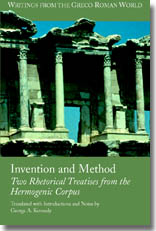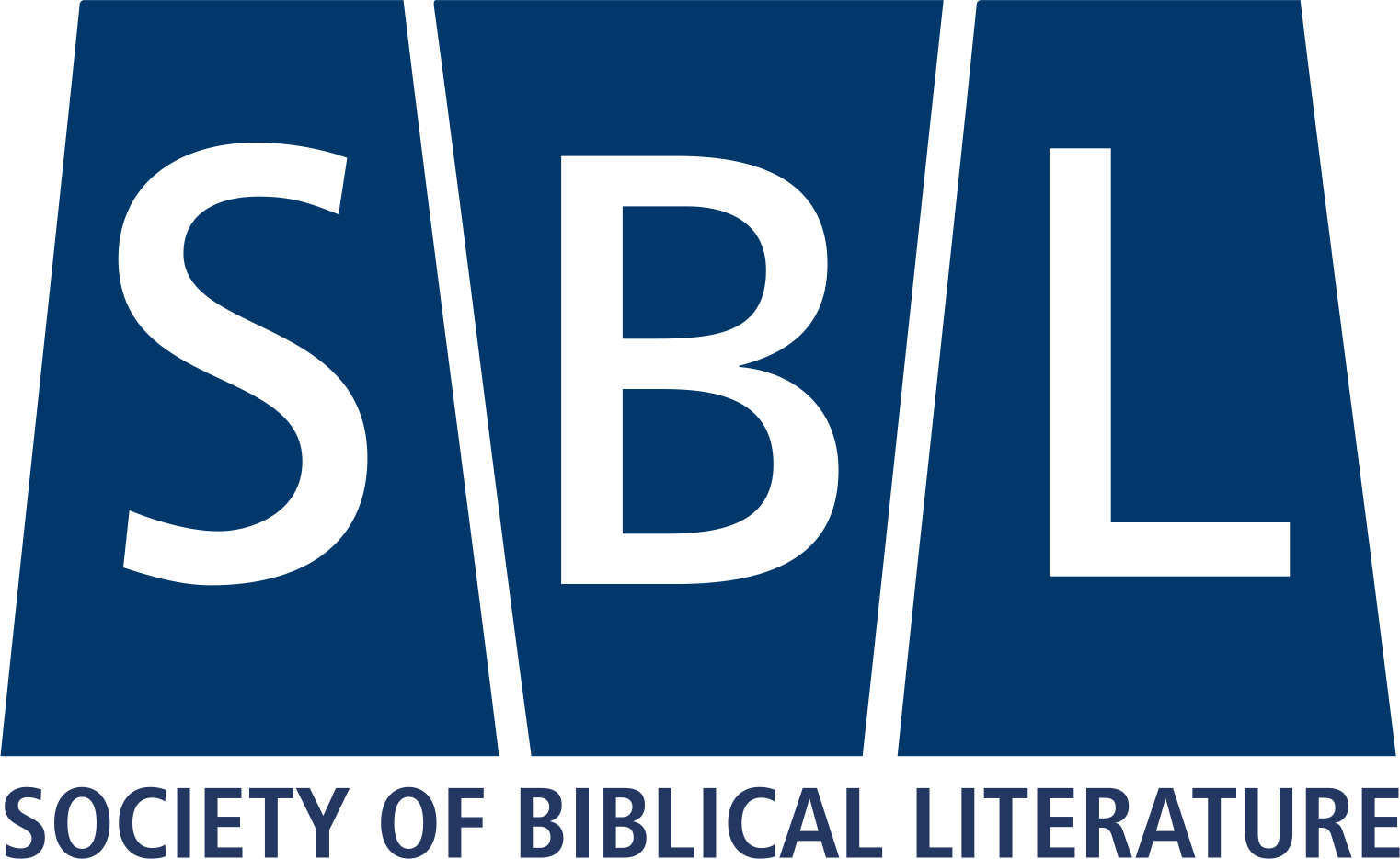
$35.00
This volume contains the Greek text, textual apparatus, and first published English translation of two treatises on rhetoric, with introductory material and notes. Once attributed to Hermogenes of Tarsus, these treatises are now believed to be by unknown authors writing in the second or third century C.E. or later. The first treatise, entitled On Invention, is a handbook for students providing formulas to aid them in the composition of declamations on assigned themes. The second treatise, On the Method of Forcefulness, discusses prose style with special attention to figures of speech. Extensive notes interpret the often-difficult content and relate it to other writing on rhetoric. The Greek text is that of Hugo Rabe (1913).
George A. Kennedy is Paddison Professor of Classics Emeritus at the University of North Carolina at Chapel Hill and Adjunct Professor of Speech Communication at Colorado State University. He served as President of both the American Philological Association and the International Society for the History of Rhetoric and is a Fellow of the American Academy of Arts and Sciences. He is the author of The Art of Persuasion in Greece, The Art of Rhetoric in the Roman World, Greek Rhetoric under Christian Emperors, and A New History of Classical Rhetoric (all from Princeton University Press); Classical Rhetoric and Its Christian and Secular Tradition from Ancient to Modern Times (University of North Carolina Press); Aristotle “On Rhetoric” and Comparative Rhetoric (Oxford University Press); and <ahref=ProdDetails.asp?ID=061610P&PG=1&Type=BL&PCS=SBL>Progymnasmata: Greek Textbooks of Prose Composition and Rhetoric (Society of Biblical Literature).
“The manuals of rhetoric ascribed to Hermogenes were essential textbooks in secondary education in late antiquity and the Byzantine Empire, and their influence continued in the Renaissance. This new translation facing the Greek text and accompanied by the notes of Professor Kennedy, the leading expert in the field, will permit a much better understanding of these important works.”
—Nigel Wilson, Fellow of the British Academy, and Fellow and Tutor in Classics, Lincoln College,Oxford University
“Students of ancient Greek rhetoric, including not only historians of rhetoric but also classicists, New Testament scholars, historians of ancient education, intellectual historians, and Byzantinists, have reason to celebrate the publication of this volume by the preeminent historian of Greek rhetoric.”
—Ronald F. Hock, Review of Biblical Literature
